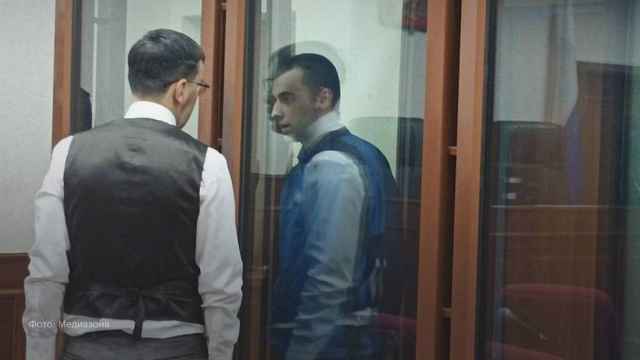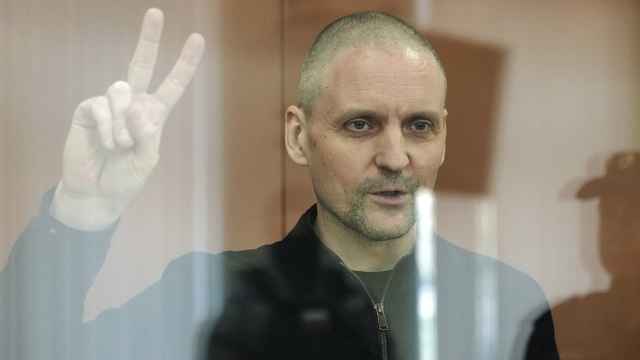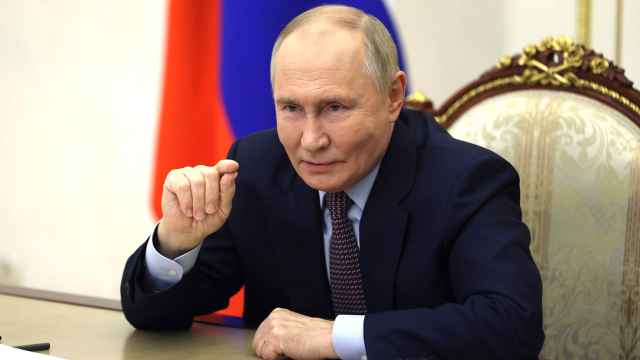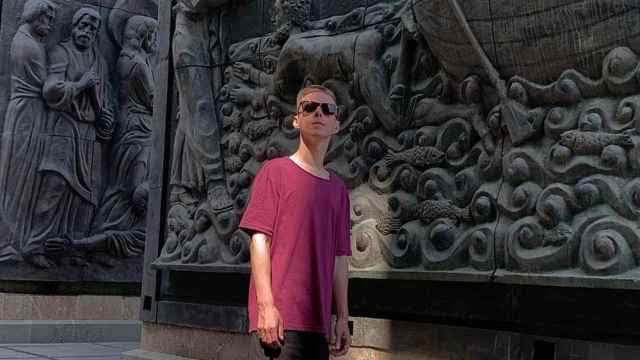Sitting on a colossal pile of money, the country's key vehicle for bringing in foreign investment on Monday prodded regional authorities to come up with opportunities to put the cash to work.
The Russian Direct Foreign Investment Fund, or RDIF, worth $10 billion, and its foreign partners are waiting for alluring projects, said the fund's chief, Kirill Dmitriev.
"There is insane potential in this room here," he told an assembly of top investment officials from 53 regions of the country, urging each of them to come up with at least two projects that could qualify for money from the fund.
The government set up the RDIF to co-invest in Russia with major foreign funds as a way to assure them of state backing for their projects. Since its inception in June 2011, the fund has injected $850 million into various companies, alongside $2.8 billion that came from its partners abroad.
Joint deals targeted shares in the Moscow Stock Exchange, health care company Mother and Child, a power plant owned by Italy's Enel, a logging company and a chain of movie theaters, among other things.
As the fund broadens its network of foreign partners, signing up sovereign wealth funds from China to Abu Dhabi to Italy, it has run into a dearth of sensible investment ideas, Dmitriev said. On Monday, it opened a Center for the Attraction of Investment Into Russian Regions, which would collect proposals from regional authorities and manage an interactive online portal that would list them for potential investors.
"We do not have a shortage of capital," Dmitriev said, "But we have a shortage of the right, clearly structured projects."
He made a point of explaining to the delegates in Moscow's Nikolskaya Kempinski Hotel that projects should aim to rake in a profit — at least 10 percent for infrastructure projects like roads.
"Investors do not want to lose money," he said, after apparently having looked at quite a few plans scripted by regional governments.
The fund invests in projects that are worth at least $100 million. They can be proposals to build such things as regional toll roads, farms, malls and warehouses, he said.
The appeal to regional authorities came because they could spread the word about the fund among local businesses and help with preparing bids, Dmitriev said. Businesses could still apply directly to the fund, he added.
By zeroing in on regional enterprises, the fund appears to be in line with the government's efforts to make regional business a new engine for declining economic growth. The World Economic Forum recommended as much in a report released at its annual meeting in Davos in January, and is gearing up to release more findings on regional development at the next meeting.
Contact the author at medetsky@imedia.ru
A Message from The Moscow Times:
Dear readers,
We are facing unprecedented challenges. Russia's Prosecutor General's Office has designated The Moscow Times as an "undesirable" organization, criminalizing our work and putting our staff at risk of prosecution. This follows our earlier unjust labeling as a "foreign agent."
These actions are direct attempts to silence independent journalism in Russia. The authorities claim our work "discredits the decisions of the Russian leadership." We see things differently: we strive to provide accurate, unbiased reporting on Russia.
We, the journalists of The Moscow Times, refuse to be silenced. But to continue our work, we need your help.
Your support, no matter how small, makes a world of difference. If you can, please support us monthly starting from just $2. It's quick to set up, and every contribution makes a significant impact.
By supporting The Moscow Times, you're defending open, independent journalism in the face of repression. Thank you for standing with us.
Remind me later.





